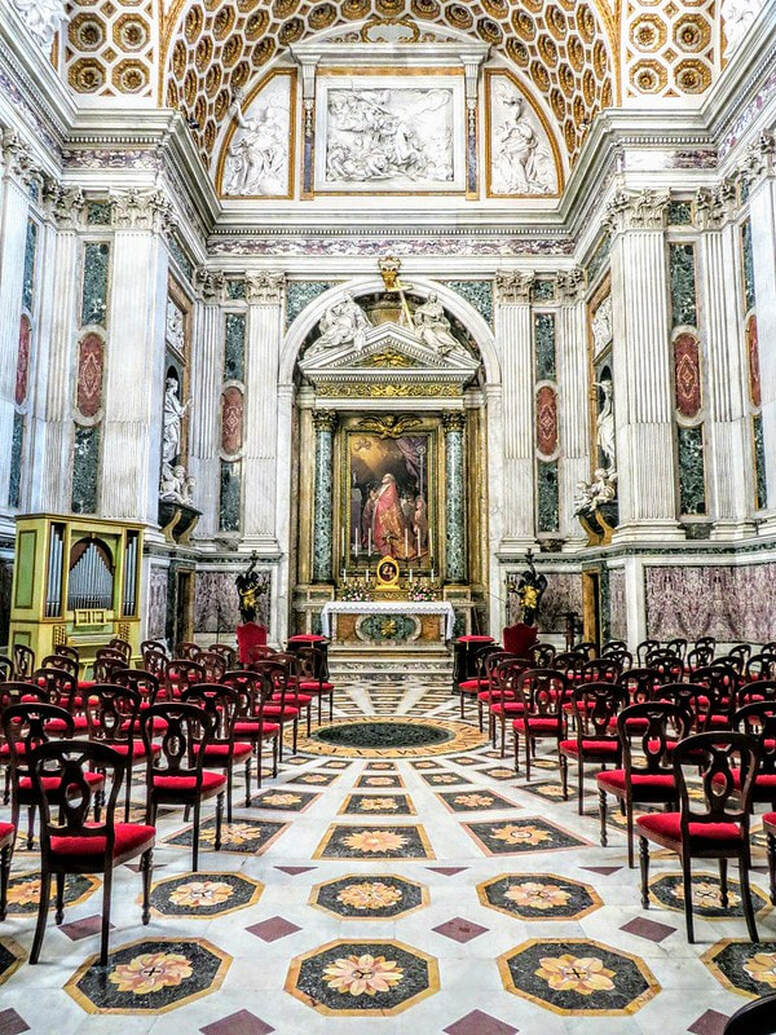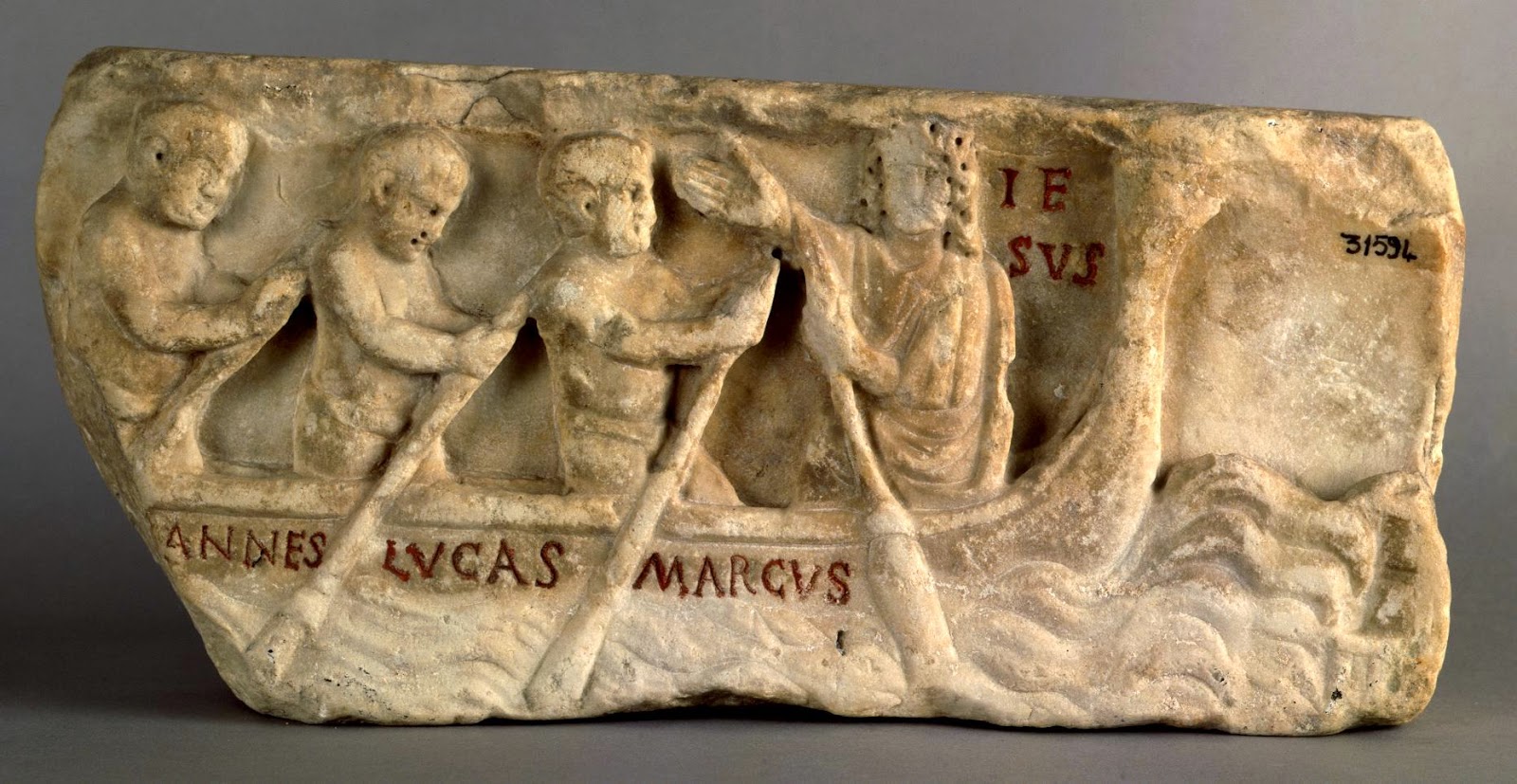Saturday of week 4 in Ordinary Time  The Corsini Chapel, in the church of San Giovanni in Laterano Readings at MassLiturgical Colour: Green. Year: A(I).
May God turn us all into whatever is acceptable to himself through Jesus ChristThrough Christ, let us offer God an unending sacrifice of praise, a verbal sacrifice that is offered every time we acknowledge his name. Keep doing good works and sharing your resources, for these are sacrifices that please God. Obey your leaders and do as they tell you, because they must give an account of the way they look after your souls; make this a joy for them to do, and not a grief – you yourselves would be the losers. I pray that the God of peace, who brought our Lord Jesus back from the dead to become the great Shepherd of the sheep by the blood that sealed an eternal covenant, may make you ready to do his will in any kind of good action; and turn us all into whatever is acceptable to himself through Jesus Christ, to whom be glory for ever and ever, Amen.
The Lord is my shepherd: there is nothing I shall want. The Lord is my shepherd; there is nothing I shall want. Fresh and green are the pastures where he gives me repose. Near restful waters he leads me, to revive my drooping spirit. The Lord is my shepherd: there is nothing I shall want. He guides me along the right path; he is true to his name. If I should walk in the valley of darkness no evil would I fear. You are there with your crook and your staff; with these you give me comfort. The Lord is my shepherd: there is nothing I shall want. You have prepared a banquet for me in the sight of my foes. My head you have anointed with oil; my cup is overflowing. The Lord is my shepherd: there is nothing I shall want. Surely goodness and kindness shall follow me all the days of my life. In the Lord’s own house shall I dwell for ever and ever. The Lord is my shepherd: there is nothing I shall want.
Alleluia, alleluia! The sheep that belong to me listen to my voice, says the Lord, I know them and they follow me. Alleluia!
They were like sheep without a shepherdThe apostles rejoined Jesus and told him all they had done and taught. Then he said to them, ‘You must come away to some lonely place all by yourselves and rest for a while’; for there were so many coming and going that the apostles had no time even to eat. So they went off in a boat to a lonely place where they could be by themselves. But people saw them going, and many could guess where; and from every town they all hurried to the place on foot and reached it before them. So as he stepped ashore he saw a large crowd; and he took pity on them because they were like sheep without a shepherd, and he set himself to teach them at some length. Christian Art Each day, The Christian Art website gives a picture and reflection on the Gospel of the day. The readings on this page are from the Jerusalem Bible, which is used at Mass in most of the English-speaking world. The New American Bible readings, which are used at Mass in the United States, are available in the Universalis apps, programs and downloads. |



